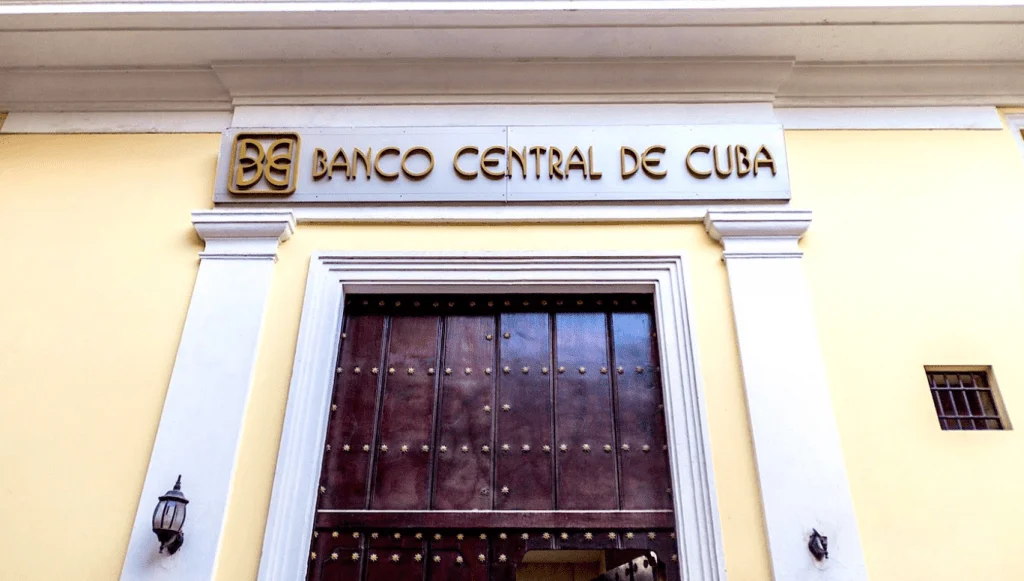The central bank of Cuba has announced that it will start issuance of licenses to virtual assets service providers in the country, the license will be for anyone seeking to provide virtual assets-related services.

The country’s national bank, Banco Central de Cuba (BCC), said on April 26 that it will issue licenses to virtual asset service providers (VASPs).
Anyone intending to provide virtual-asset-related services must first obtain a license from the BCC, according to the Gaceta Oficial No. 43, which was released on Tuesday, April 26 and contains the Central Bank of Cuba resolution.
In August 2021 that the country’s central bank was planning to implement new guidelines on how to deal with crypto assets, citing Resolution 215 released by the state-run Gaceta Oficial. As a result of this move, commercial providers of related services were forced to get a license from the central bank in order to operate.
“The Central Bank of Cuba regulates the use of certain virtual assets in commercial transactions, as well as the granting of licenses. service providers of virtual assets for operations related to financial, foreign exchange and collection or payment activities, in and from the national territory.”
Requirements for the license
Natural or legal persons must apply for a license from the Central Bank of Cuba in order to conduct business as virtual asset service providers.
“The Central Bank of Cuba, when considering the license request, evaluates the legality, opportunity and socioeconomic interest of the initiative, the characteristics of the project, the responsibility of the applicants, and their experience in the activity.”
Firms that do not operate under this license but are required to do so will face fines under the island nation’s current banking and financial regulations, according to the paper.
According to the Gaceta, this verdict will take effect 20 days after it is announced, which will be on May 16.
“Virtual asset service provider licenses are approved for a one-year period, extendable for a second year, given the experimental and novel nature of this type of activity.”
Currently, the BCC has ordered that government entities use virtual assets in transactions only in cases that it has approved. At the same time, the resolution does not specify how the Cuban government would tax virtual asset activity as it is.
